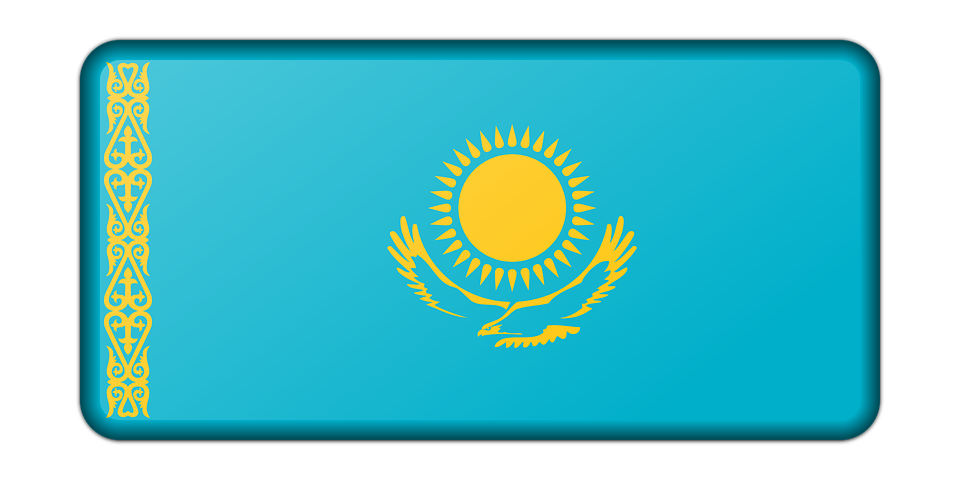International sanctions against a nation-state take time to impact its economy. Since Russia’s February 2022 invasion of Ukraine, under Putin’s so-called “special military operation,” it has faced increasing economic sanctions. One result is that Russia is “hemorrhaging” foreign firms currently based in the country, according to John Daly of the Jamestown Foundation. These companies are moving to former Soviet states, including many that are choosing Kazakhstan. At a government meeting in Astana on April 19, Prime Minister Alikhan Smailov said 43 firms are considering moving to Kazakhstan and 24 already have done so. Tengri News reports that those moving their base of operations include: Honeywell, InDriver, Weir Minerals, Ural Motorcycles, Fortescue, TikTok, Koppert and Emerson. Boeing, EPAM System, Youngsan, Skoda Transportation, GE Healthcare and Philips remain in discussion about the details of a similar move. As Putin’s war drags on into its second year, more foreign firms in Russia are growing concerned about the impact of increasingly harsh sanctions on their viability if they remain there. Kazakhstan recognized it as an opportunity for the Central Asian state and is courting these firms, hoping to attract large amounts of foreign direct investment (FDI) into the country to help modernize it.
Kazakhstan, as the largest and most prosperous of the Central Asian states, is using its economic power to attract these firms. It started the campaign to attract Russian-based companies one month after Putin invaded Ukraine. By the end of last year, Kazakh Deputy Minister of Foreign Affairs Almas Aidarov says Kazakhstan was negotiating with hundreds of Russia-based foreign firms about their possible relocation to his country. He noted in December that “Since the beginning of the conflict and the announcement of sanctions against the Russian economy, we have identified 362 companies that have publicly announced their withdrawal or reduction of their activities in the Russian market. These 362 companies are foreign companies that have operated in Russia and are of interest to us.”
Kazakhstan is attractive as an alternative platform. Kazakh President Tokaev’s administration is putting extensive effort into diversifying its economy. He wants to delink its over-reliance on hydrocarbon exports as well as attract more FDI. Tokaev considers the response to Russia’s invasion an unexpected windfall for his country. The US Department of State reports that according to official Kazakh central bank statistics, as of October 2021, FDI in Kazakhstan totaled $170 billion, including $40.4 billion from the US.
A Kazakh delegation traveling to Washington, DC and New York last year held meetings with Boeing, Valmont Industries, Honeywell, Pfizer, Champion Foods, Paramount, SMP Robotics, LA Solar Group, Ardmore Capital and JPMorgan Chase & Co. officials. Daly quotes Merzhan Iusupov, Chairman of the Board of Kazakh Invest, a national company responsible for attracting FDI to the country, as saying that “In connection with the relocation of many companies to Kazakhstan, we express our readiness to create all the institutional conditions for establishing direct interaction with foreign companies by providing opportunities for moving to Kazakhstan or opening joint ventures.” Since the US trip the flow of businesses leaving Russia has turned into a deluge of companies scrambling to leave.
Last week, in response to the loss of FDI, Putin signed a decree — “On the temporary management of certain property,” which established a mechanism for the introduction of temporary management of foreign assets in Russia, according to Daly. Vedomosti reports that it provides for the temporary management of Russian held subsidiaries of Finland’s Fortum Oyj and Germany’s Unipro (both energy companies) by the Federal Property Management Agency, to generate assets “of paramount importance for the stable functioning of the Russian energy sector.” Putin’s decree essentially establishes the government’s right to externally manage foreign assets inside Russia if Russian legal entities or individuals are deprived of the right of ownership of property abroad.
Putin’s actions are likely to encourage other foreign firms to leave Russia later this year, with Kazakhstan as the likely relocation site. Lloyds Bank in April reported that 70 percent of total regional FDI inflows in post-Soviet Central Asia go into Kazakhstan. As the leading Central Asian state continues down a path to reforming its legal and economic structures to attract more FDI, it appears the country will become the permanent base for many large firms once located inside Russia. The cost of Putin’s military incursion will have large and long-lasting impact on the Russian economy.
Daria Novak served in the U.S. State Dept.
